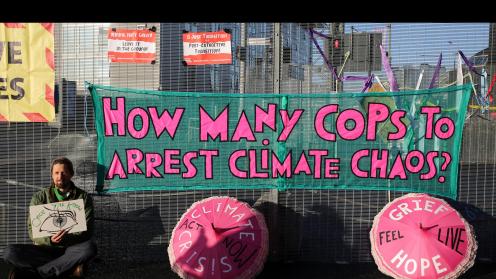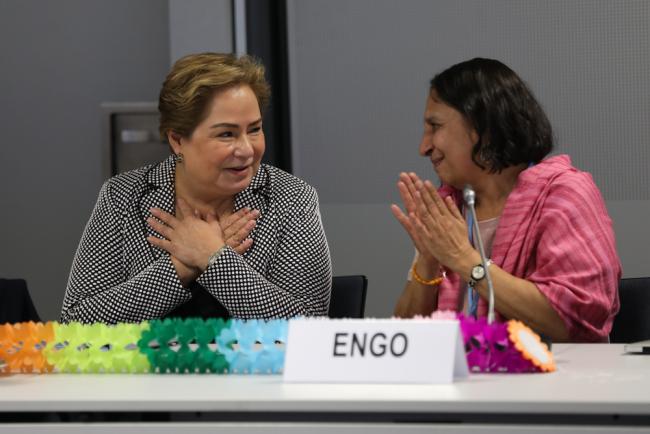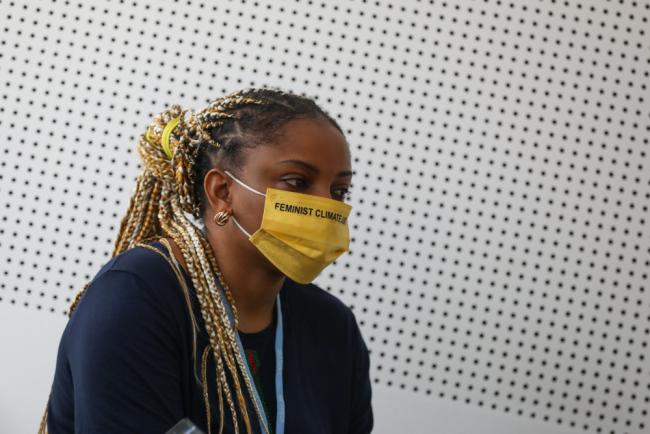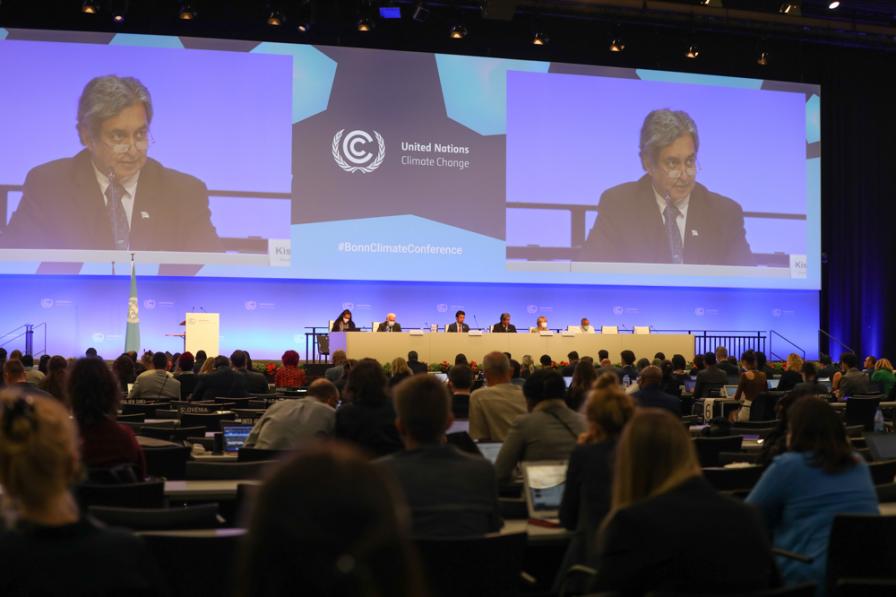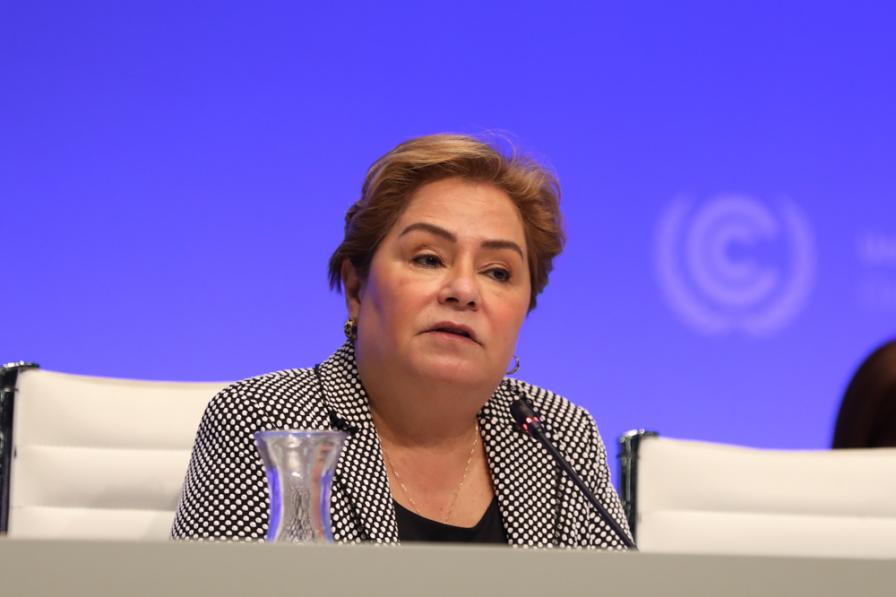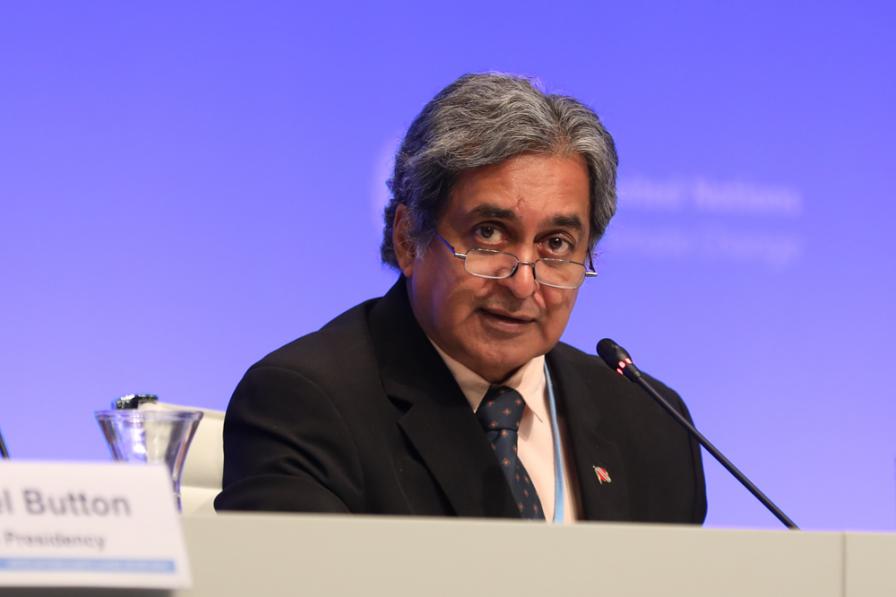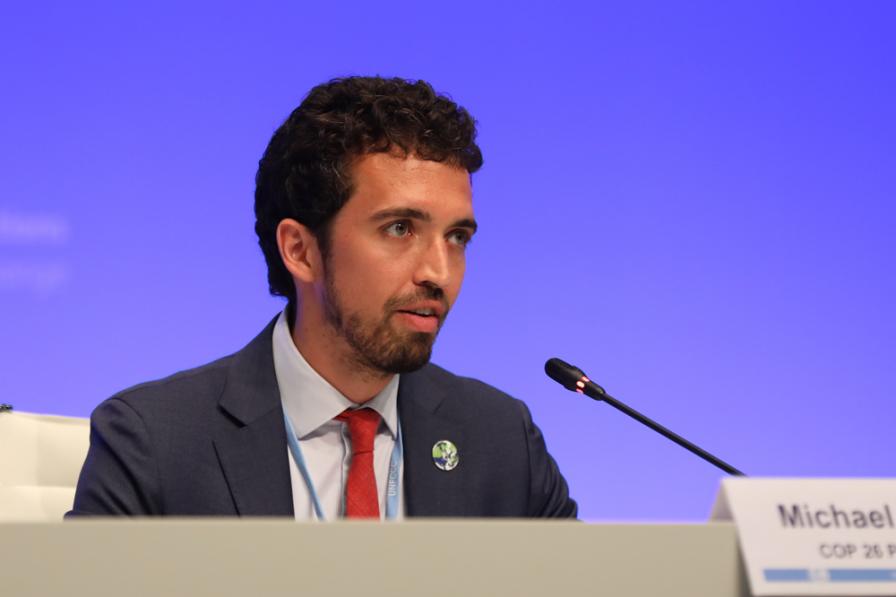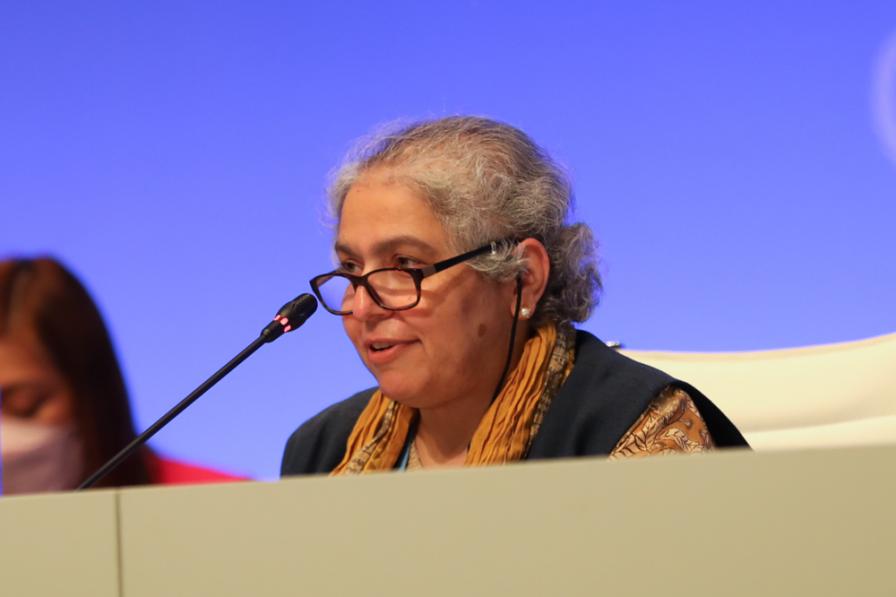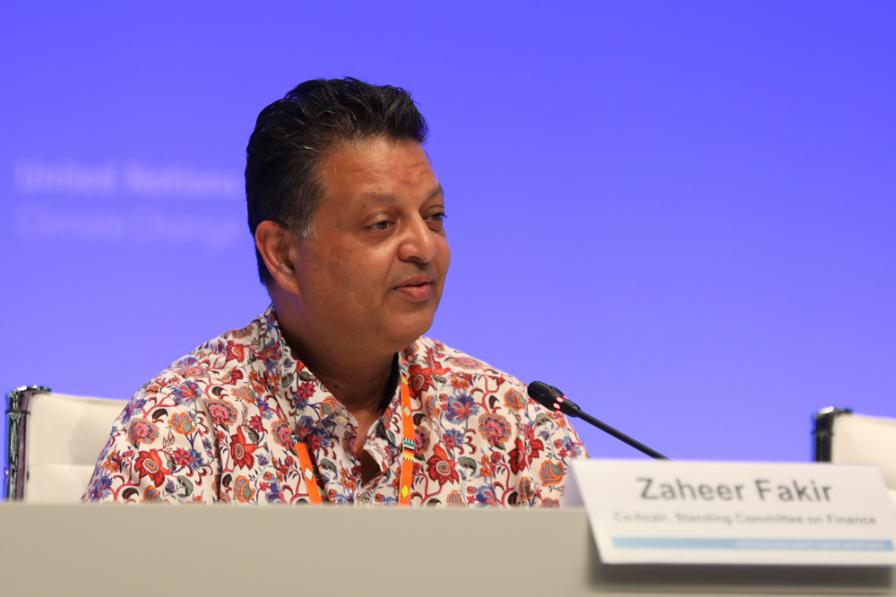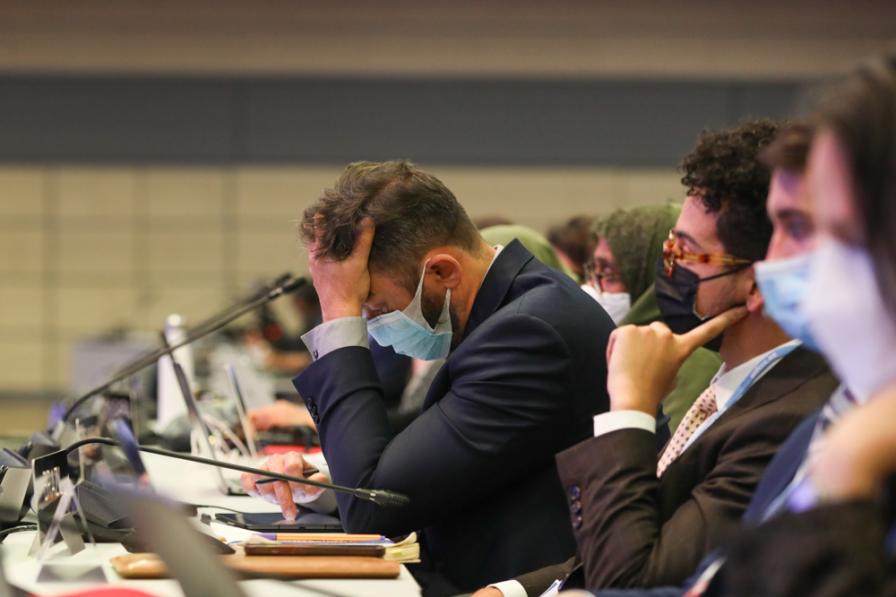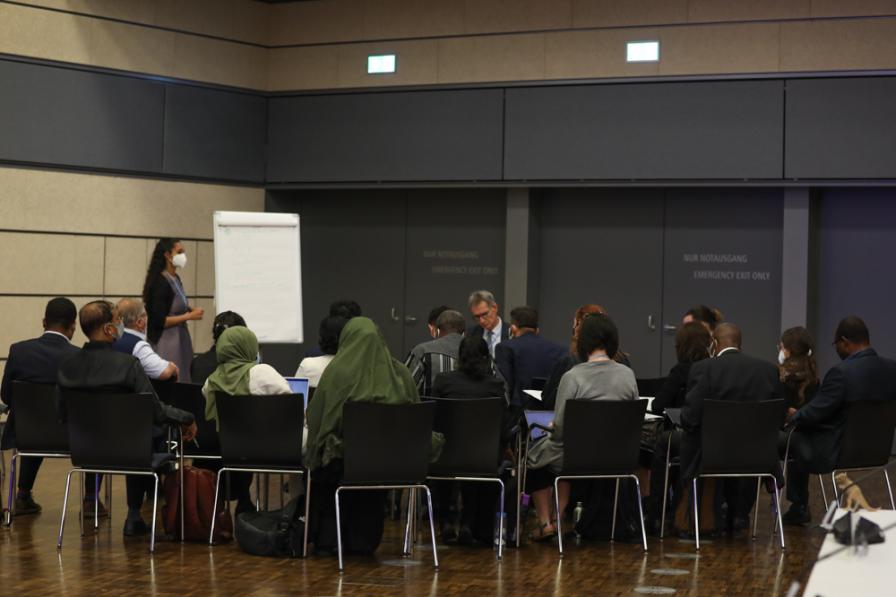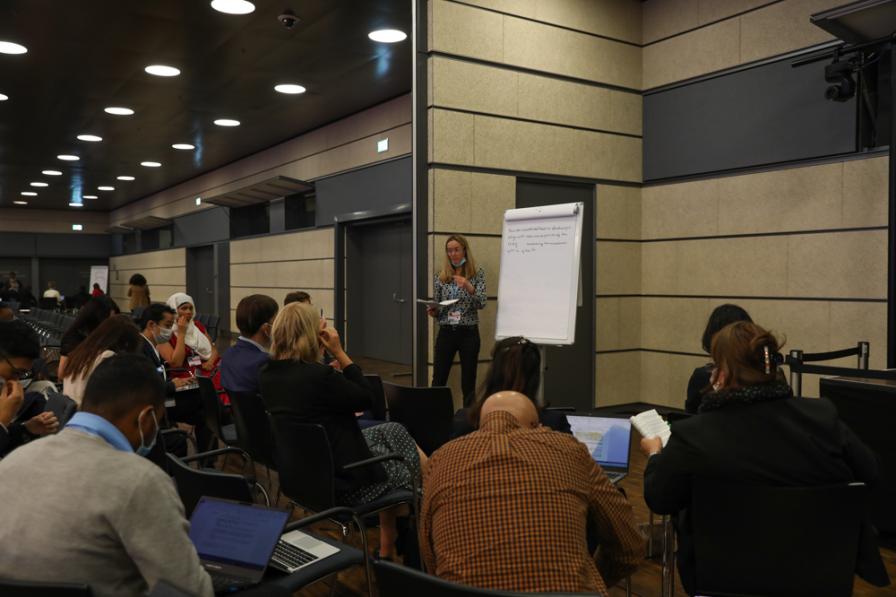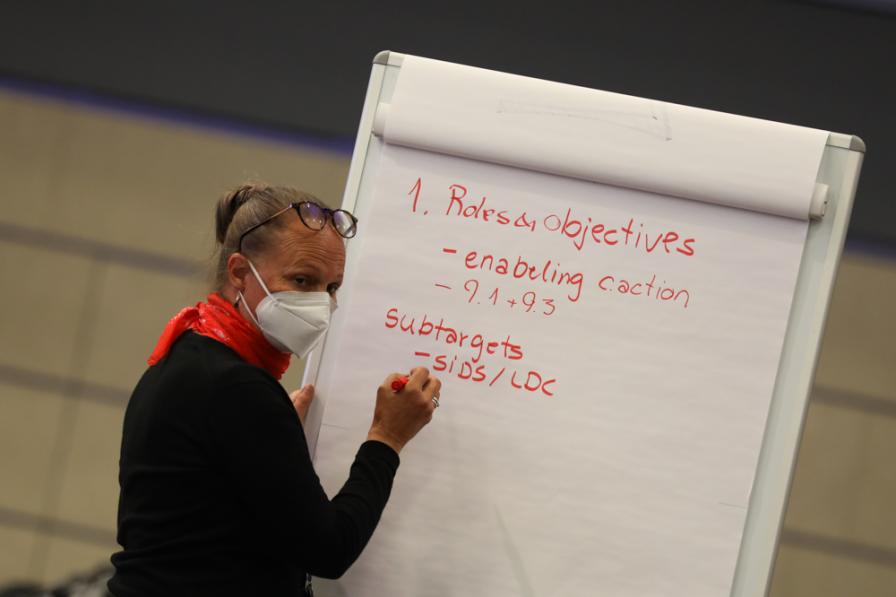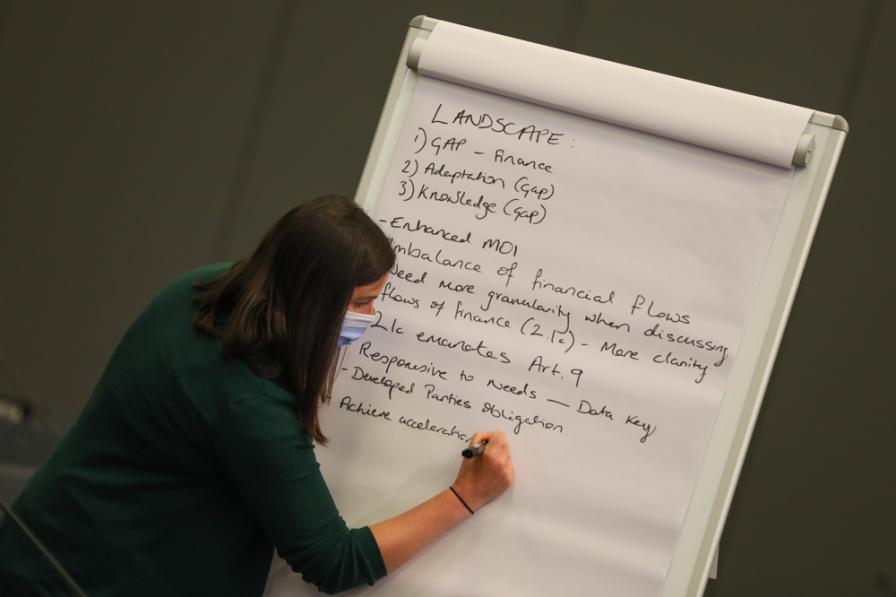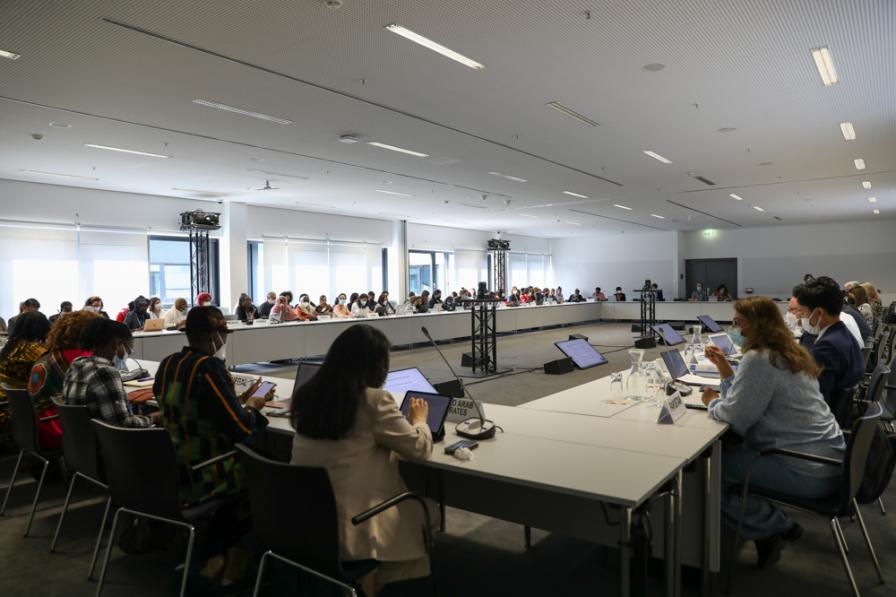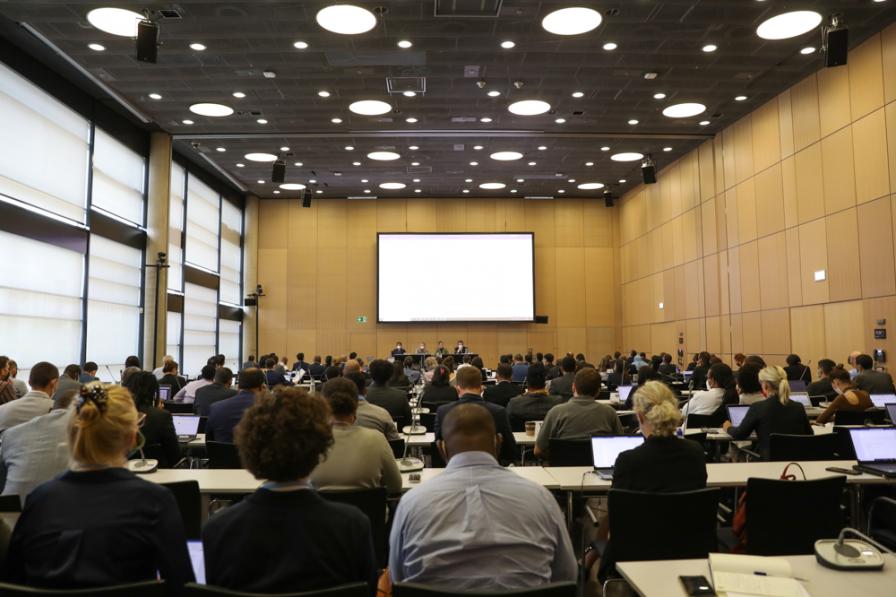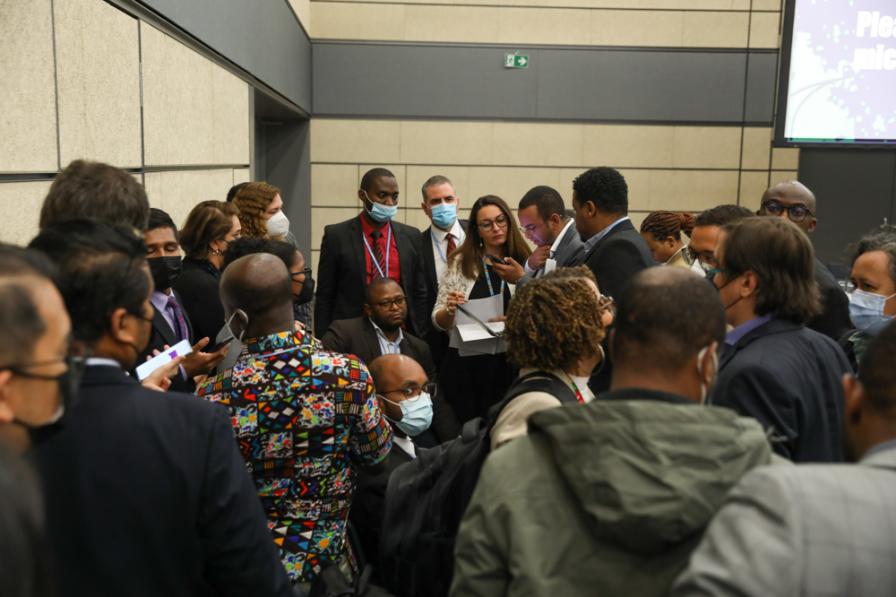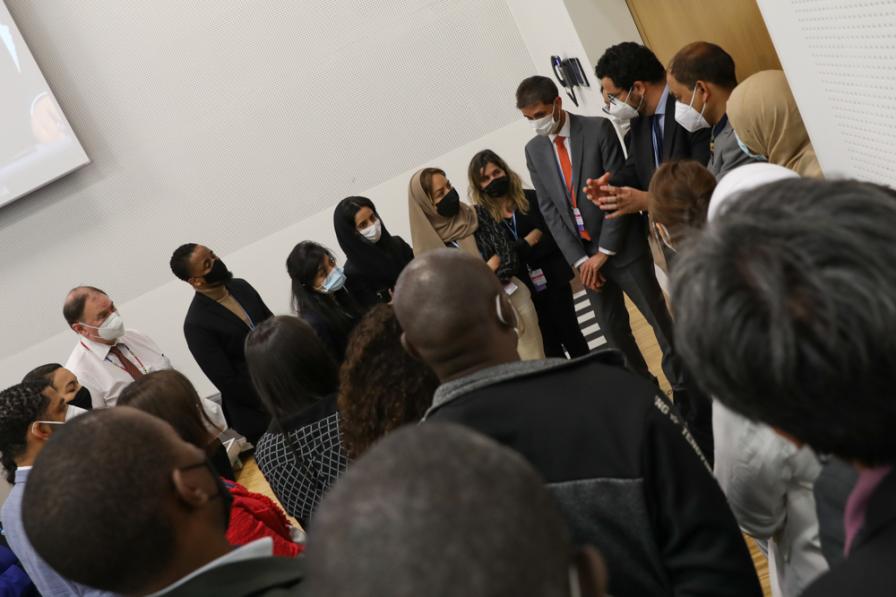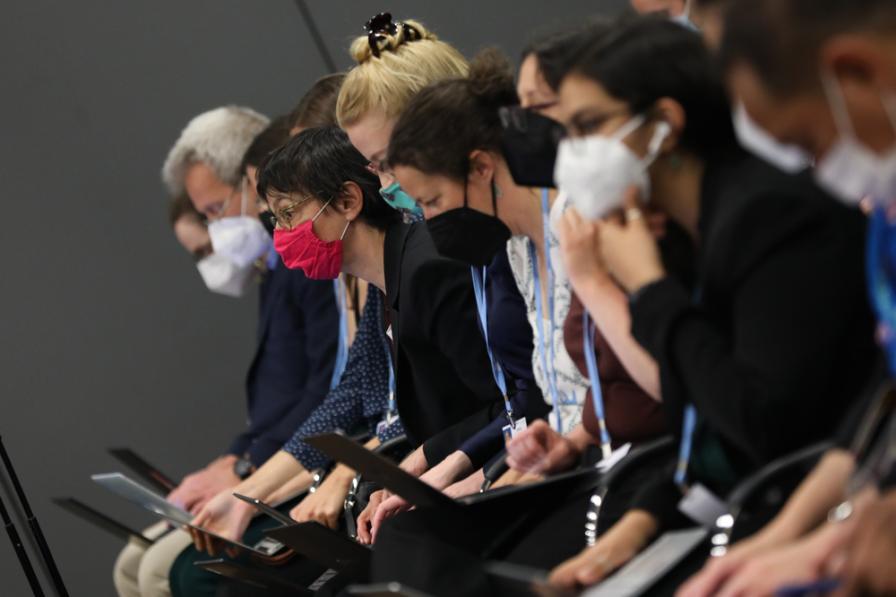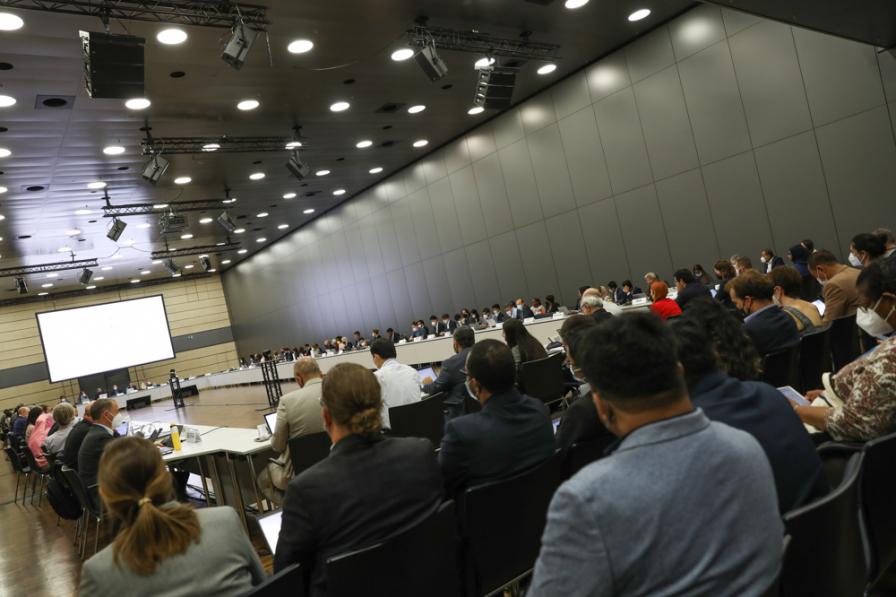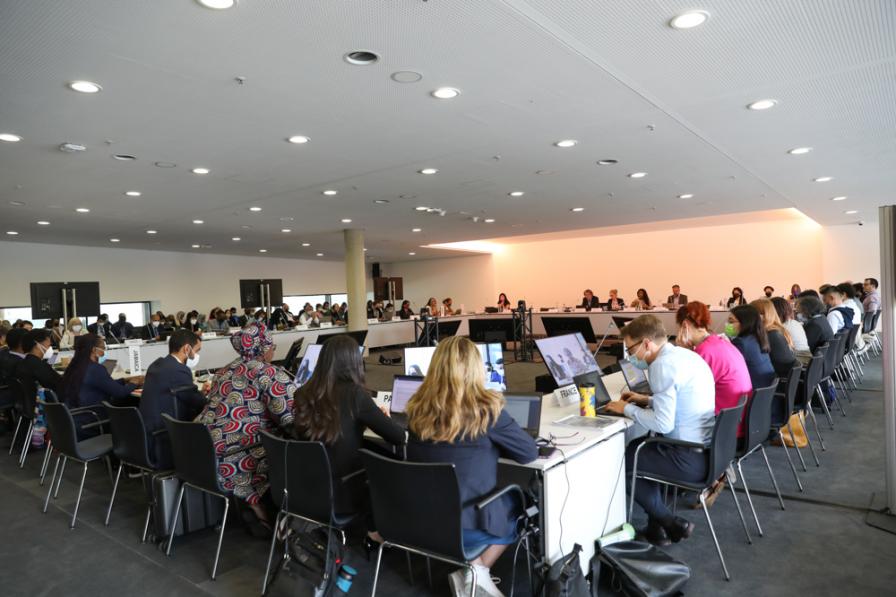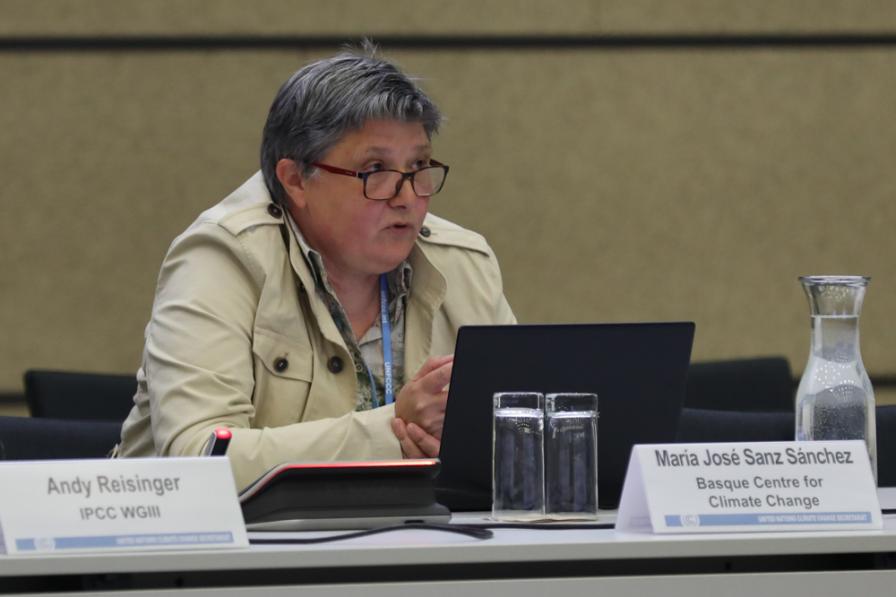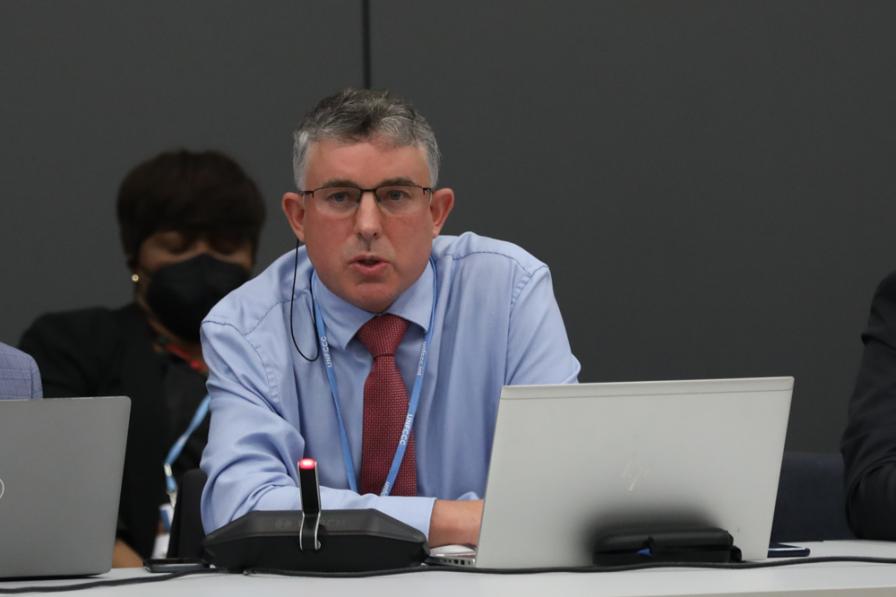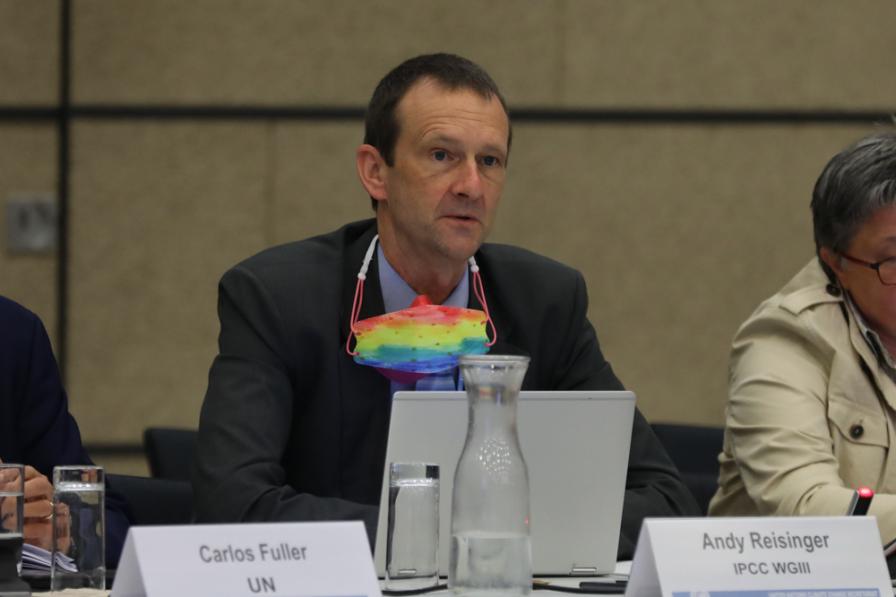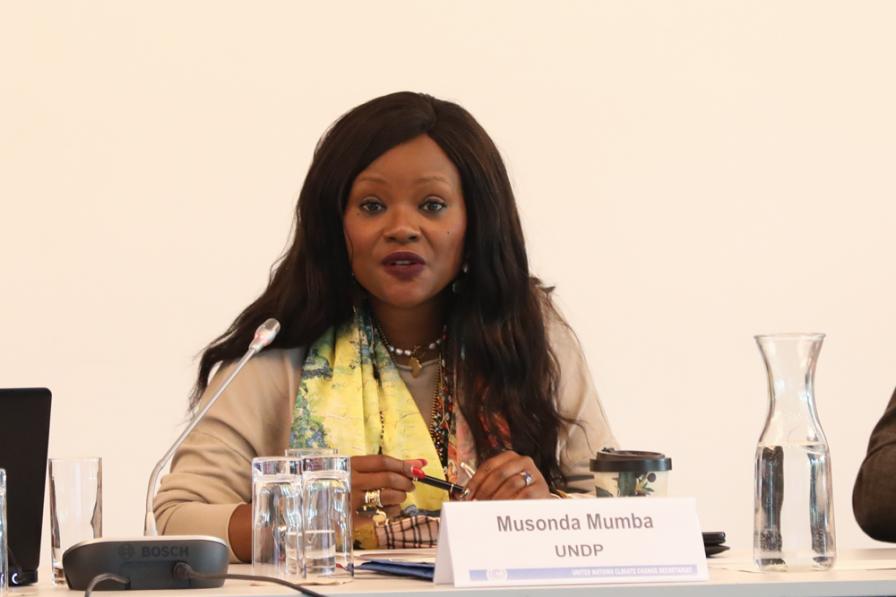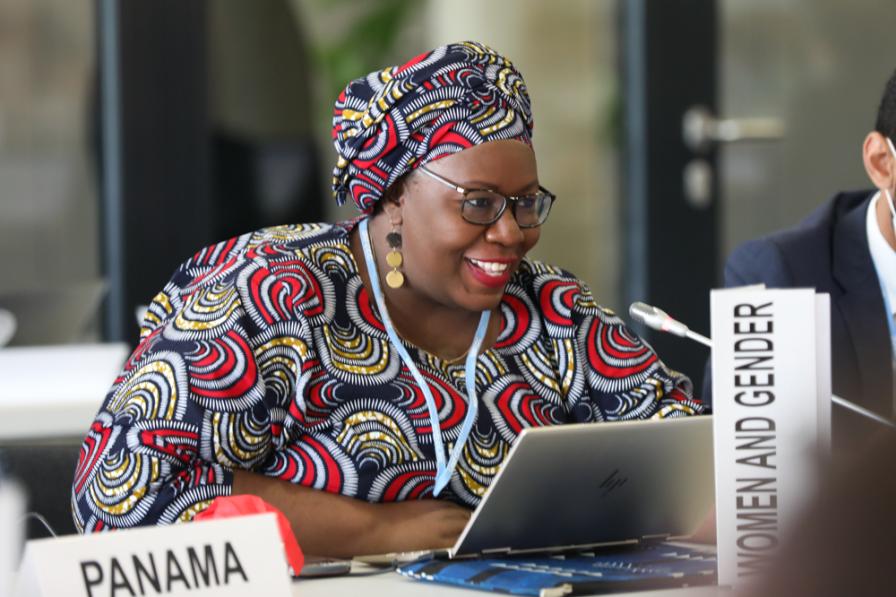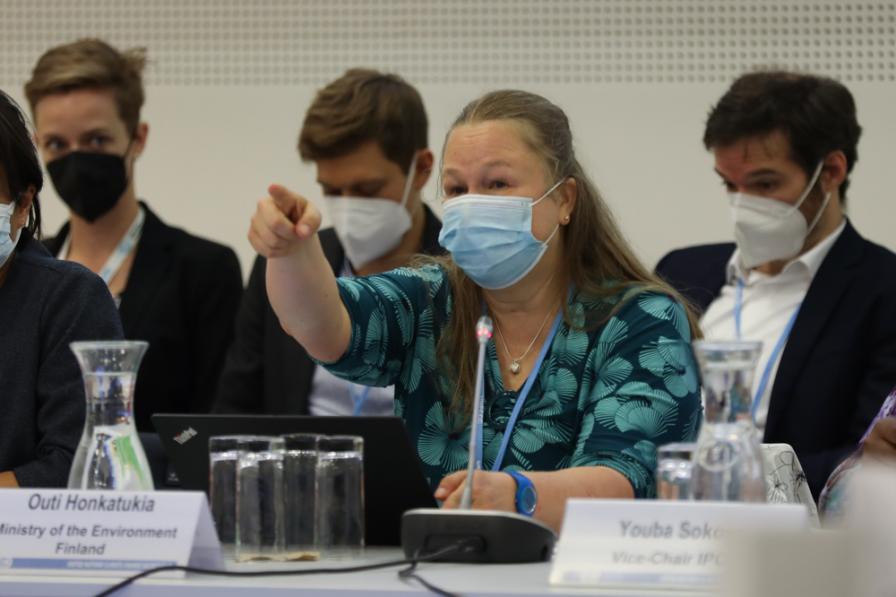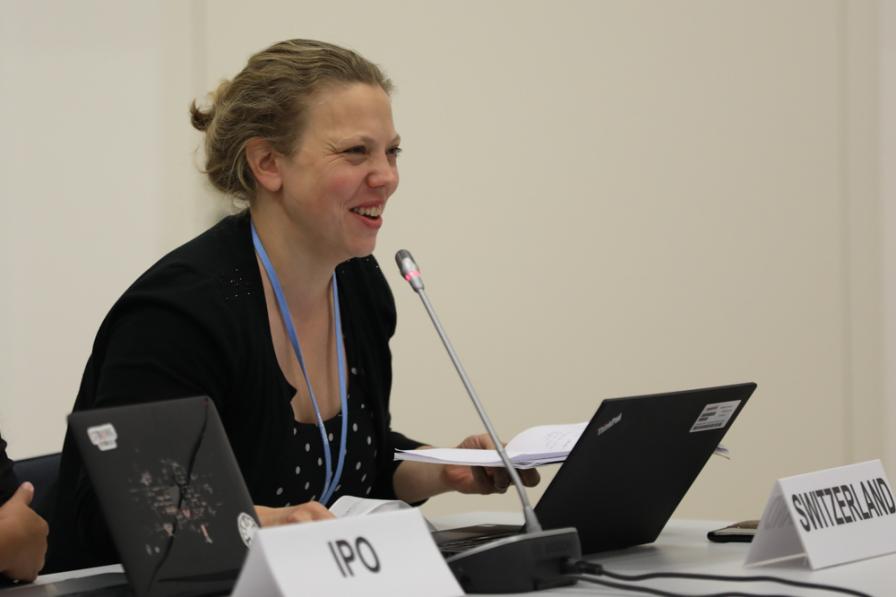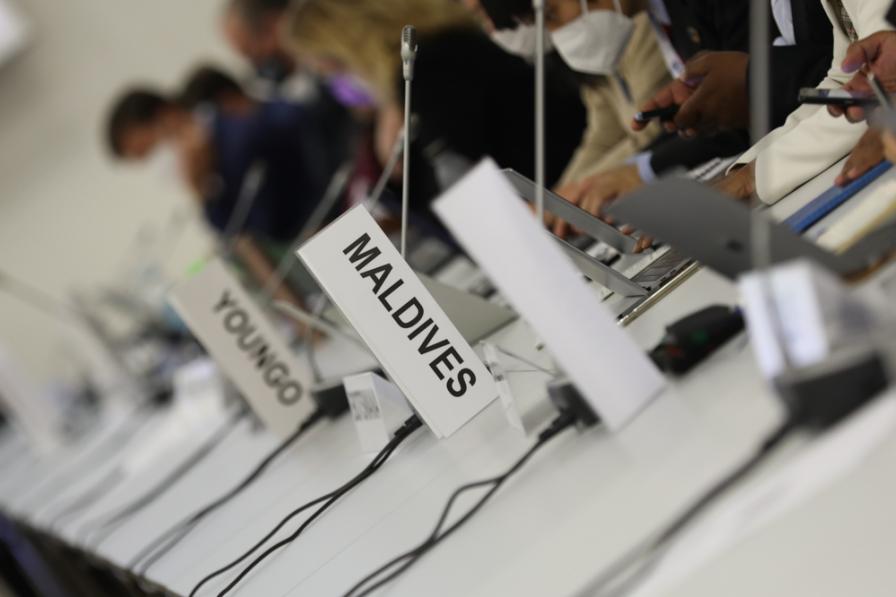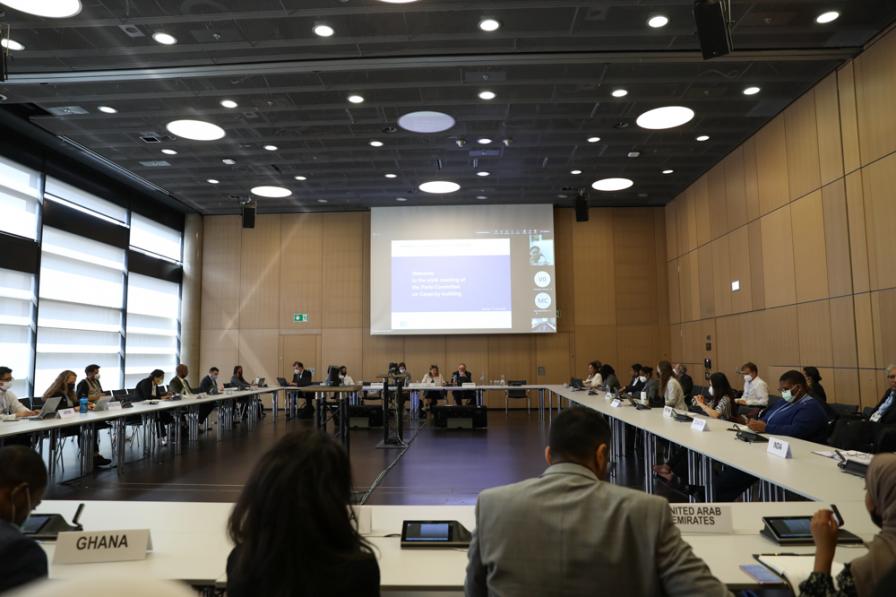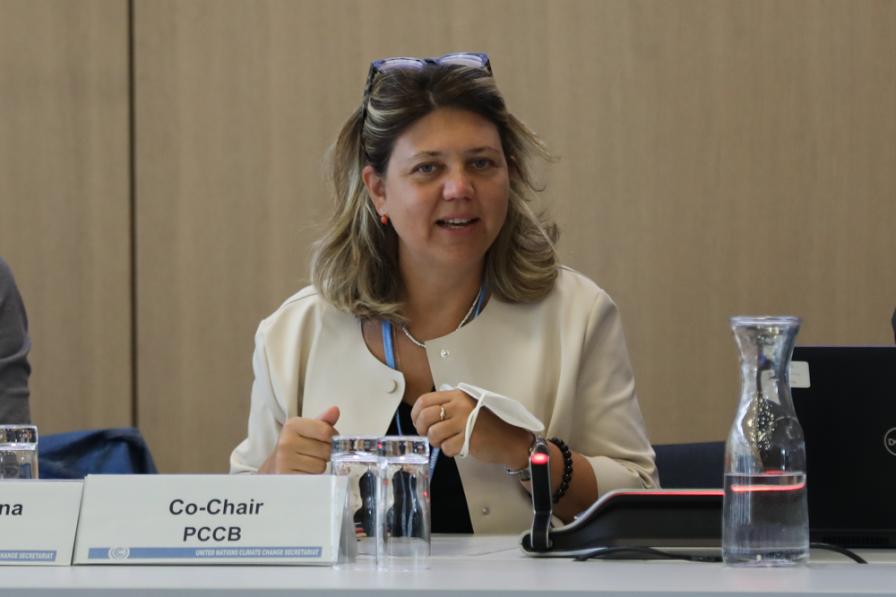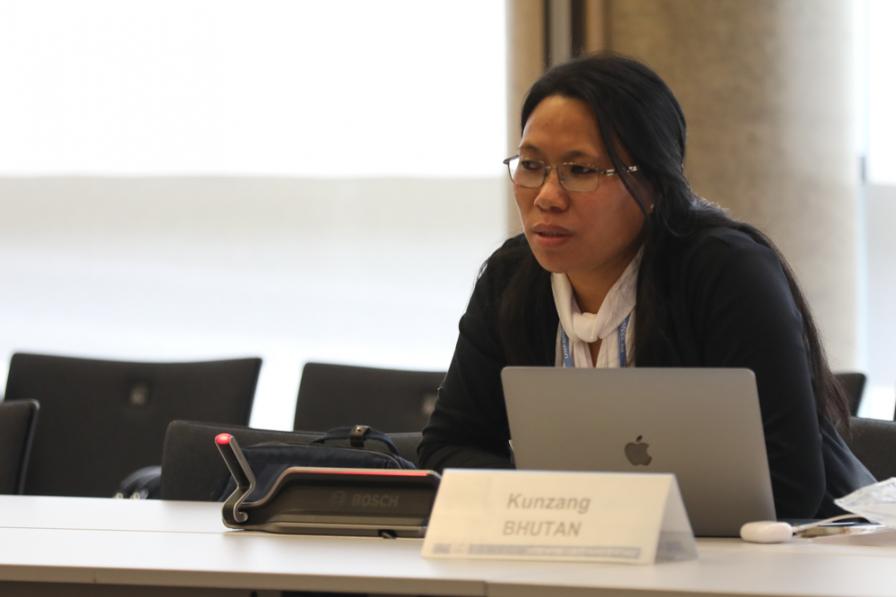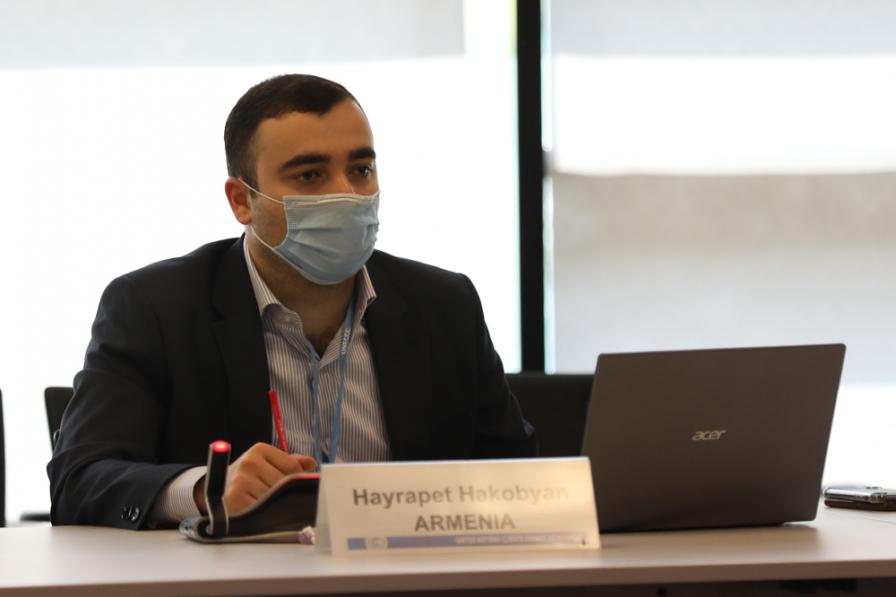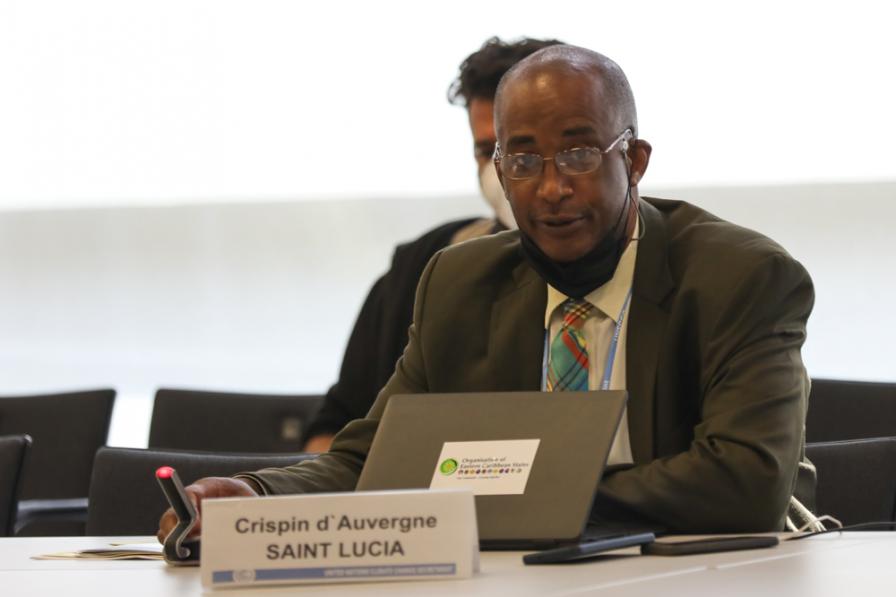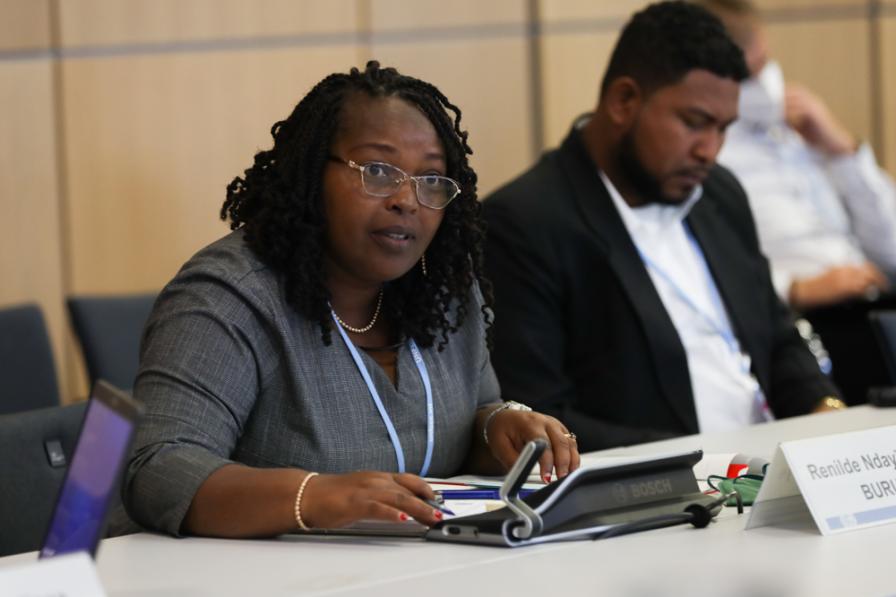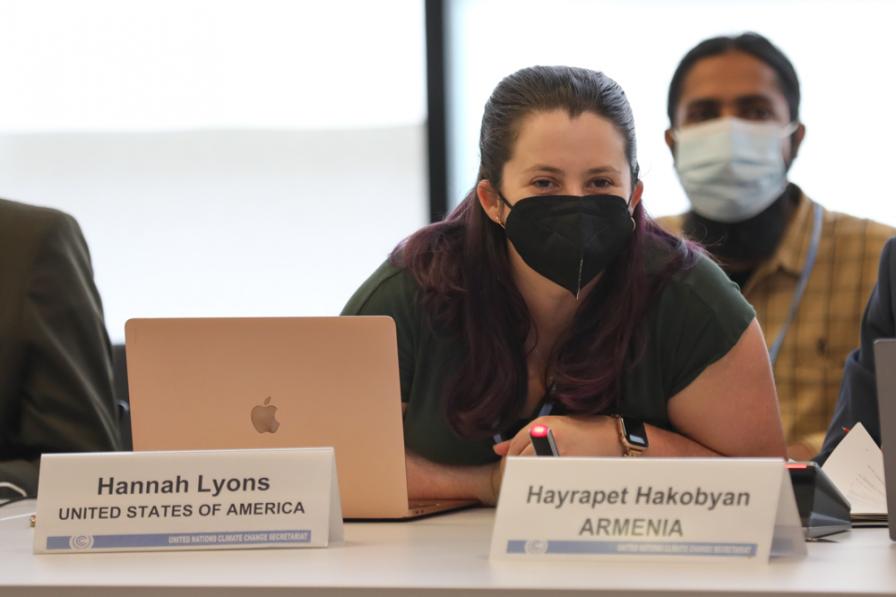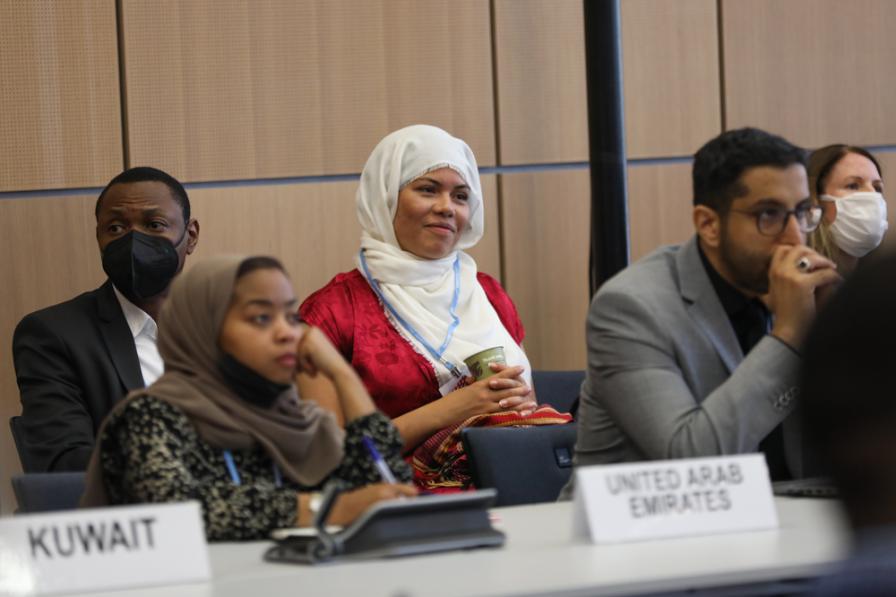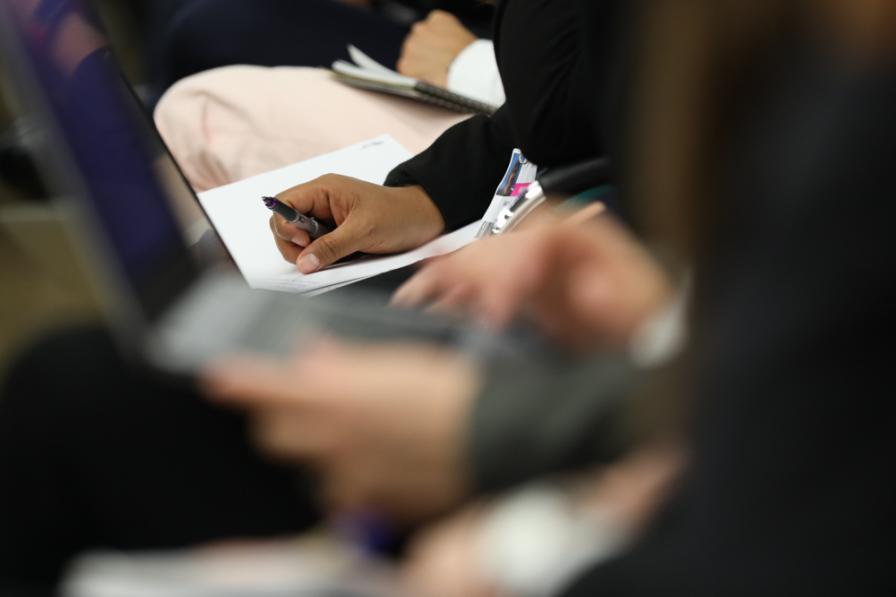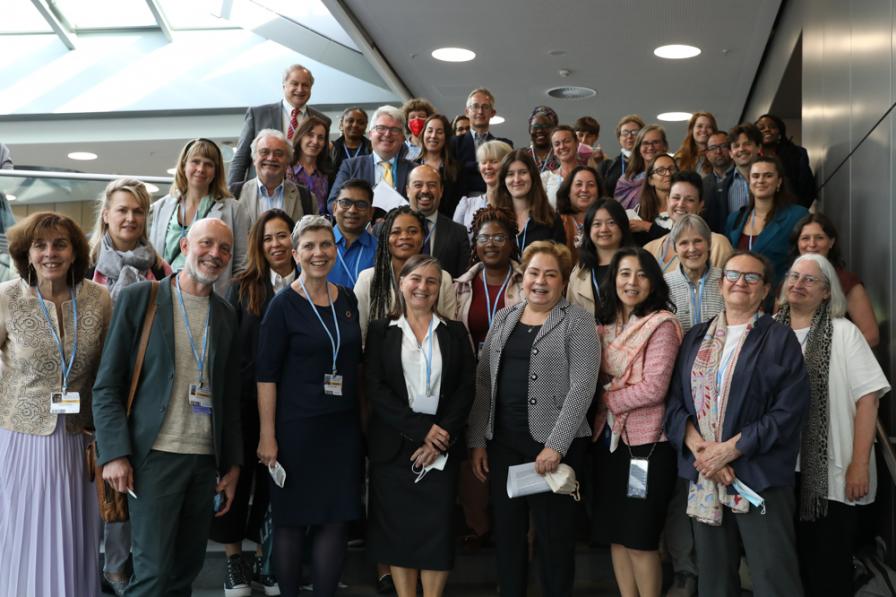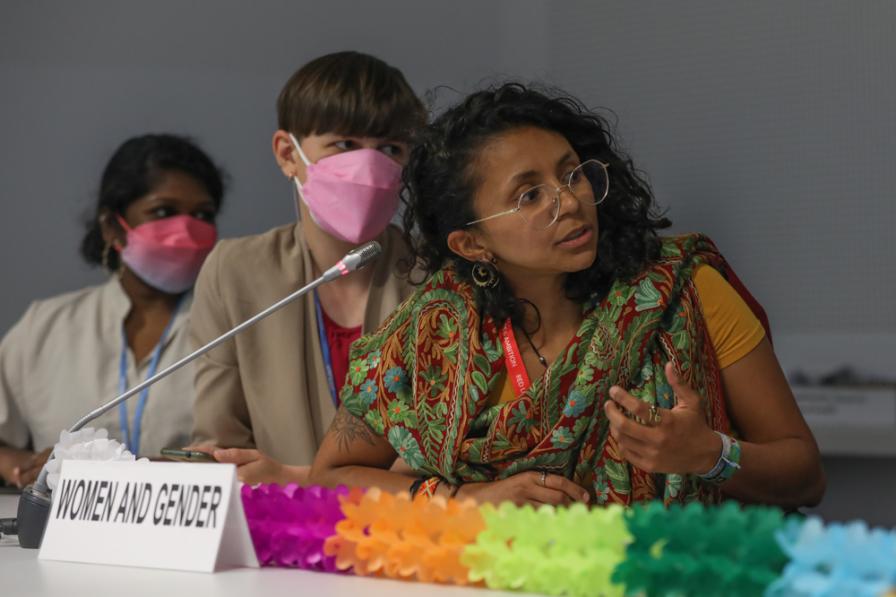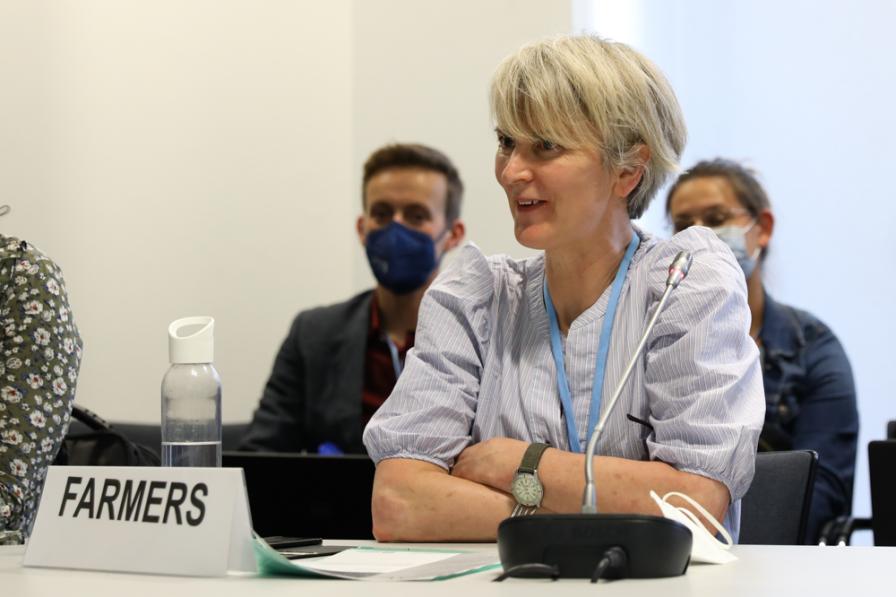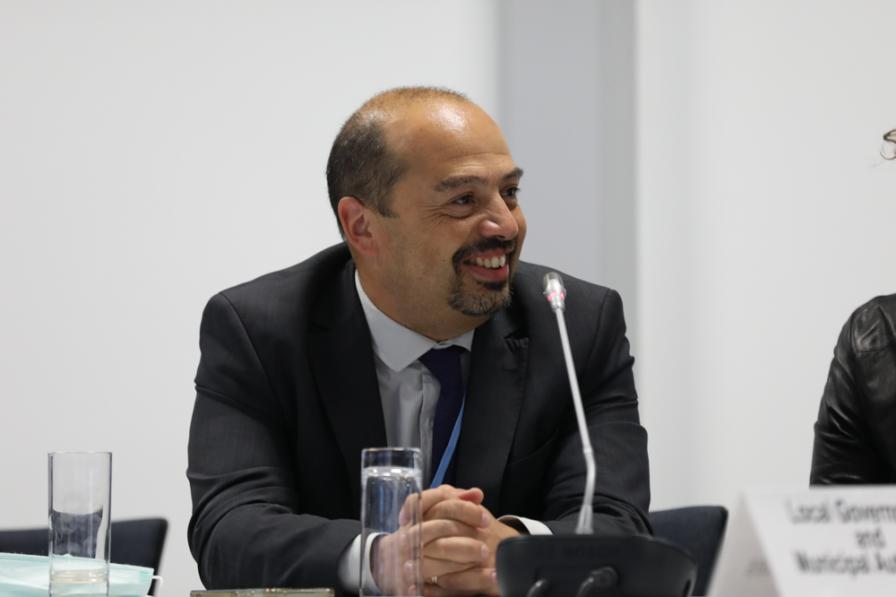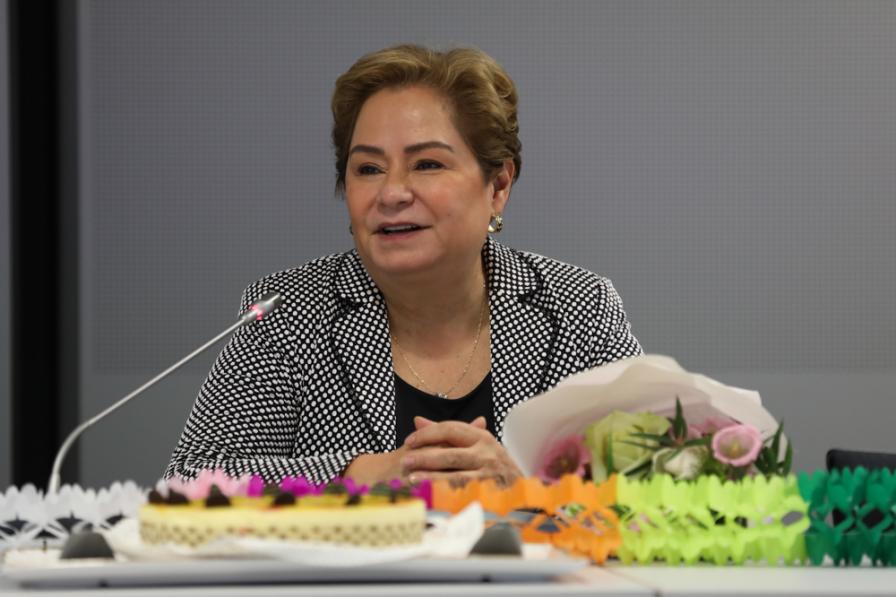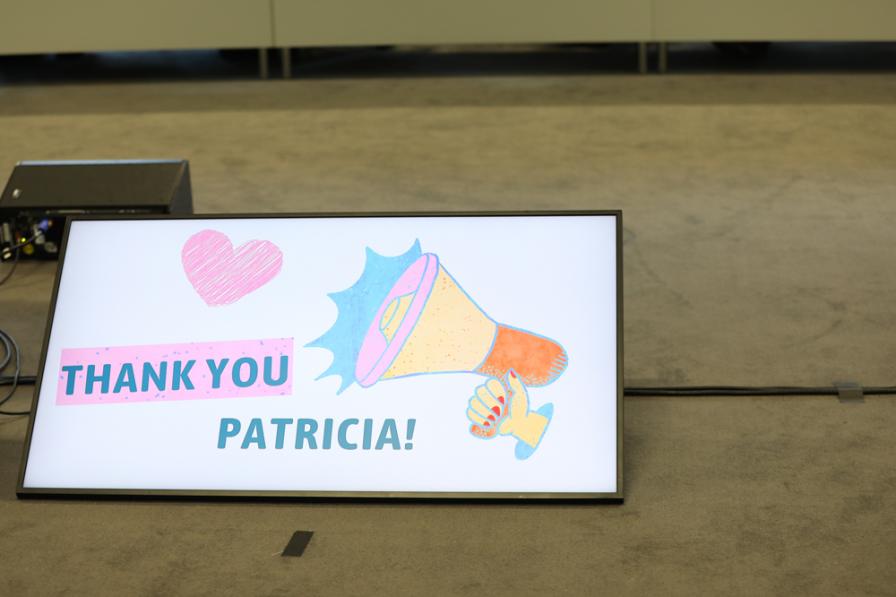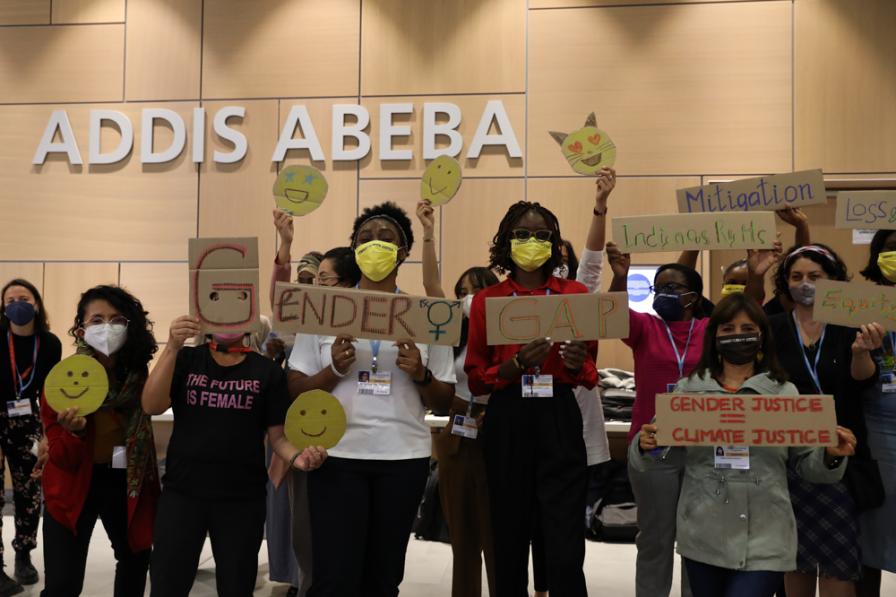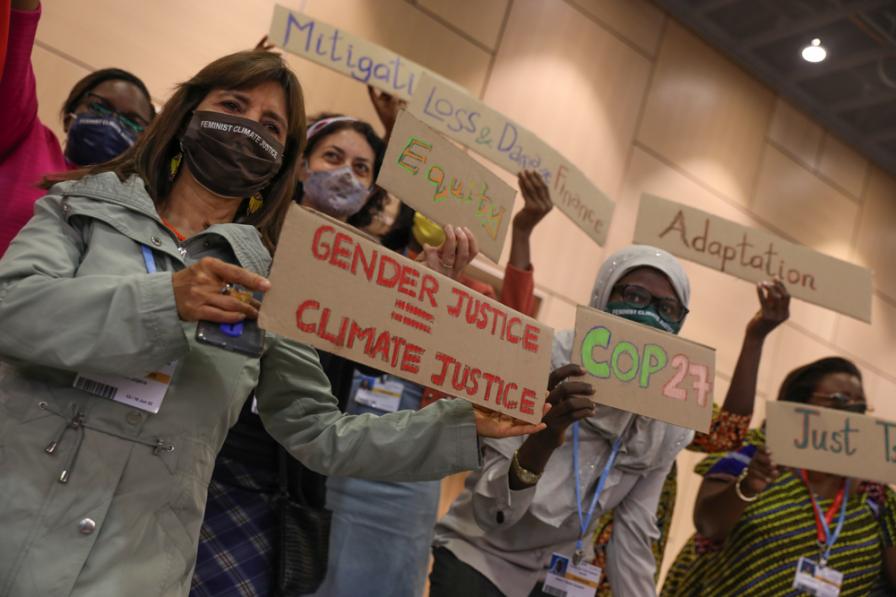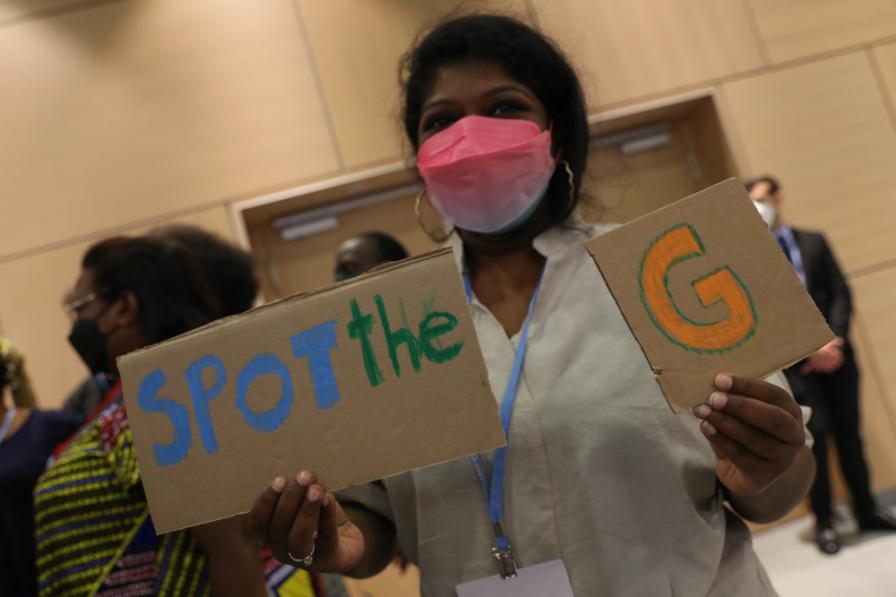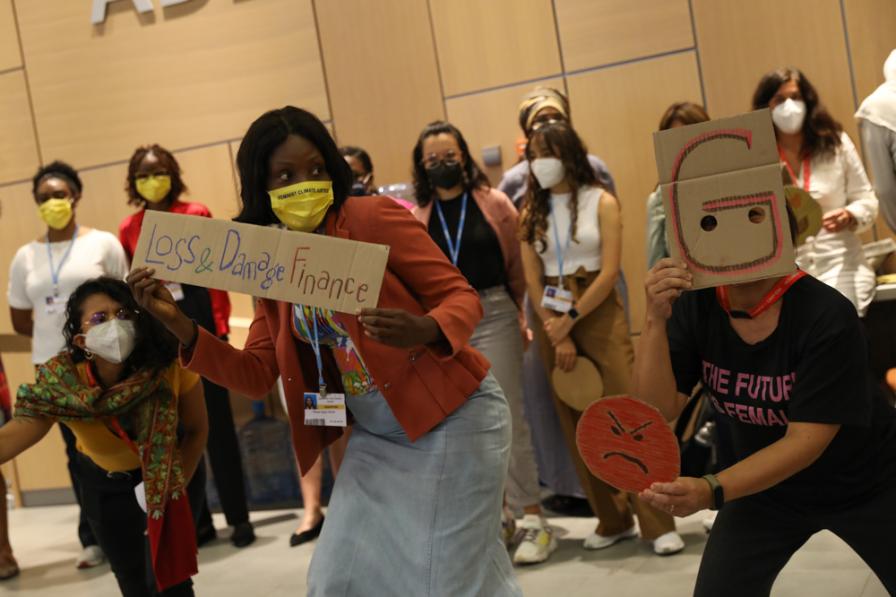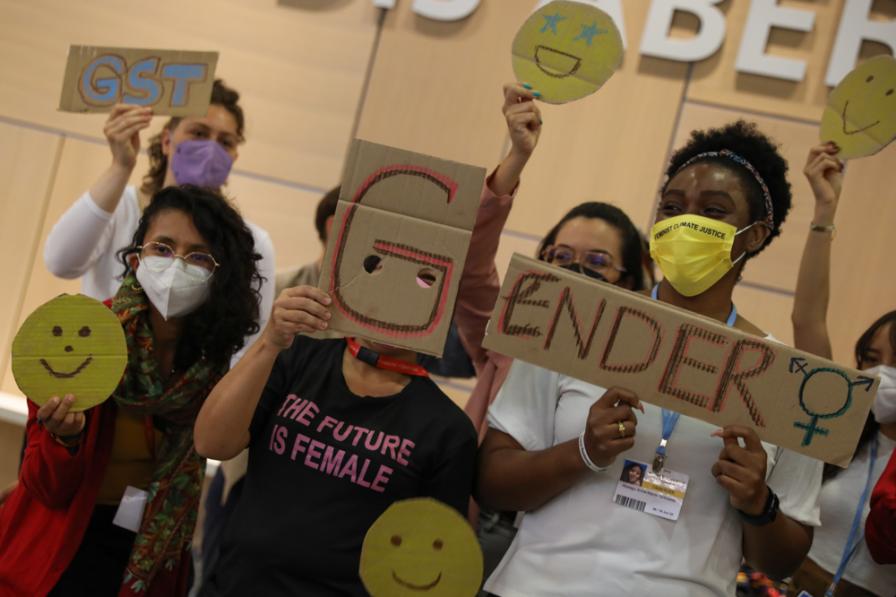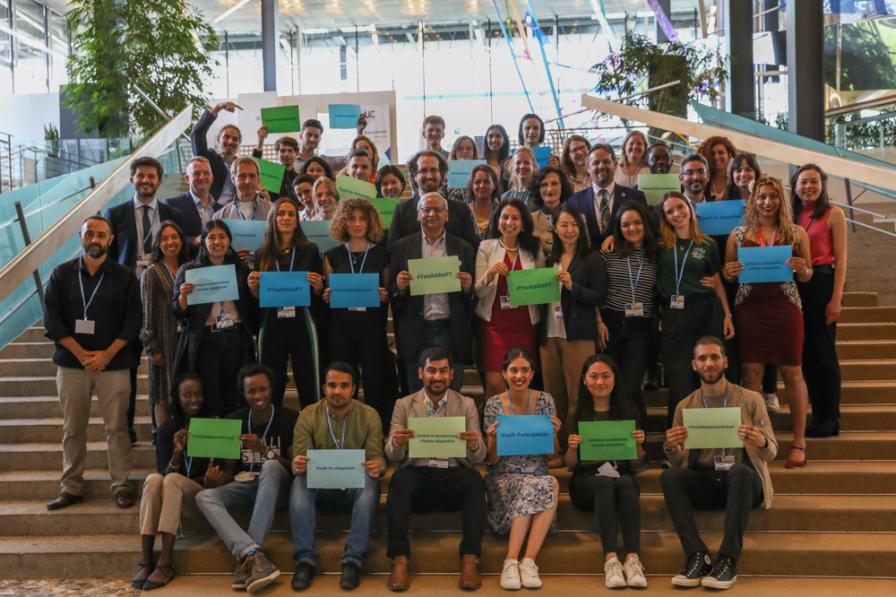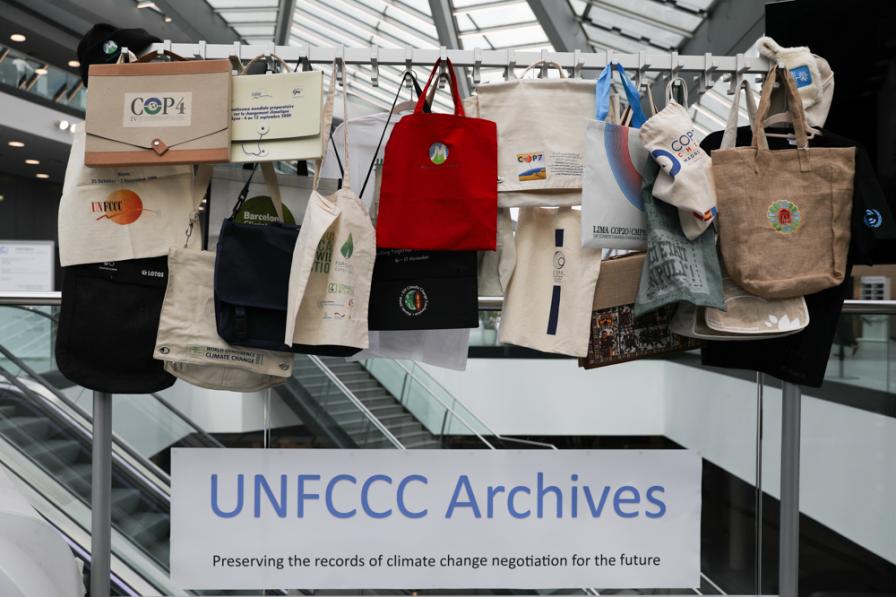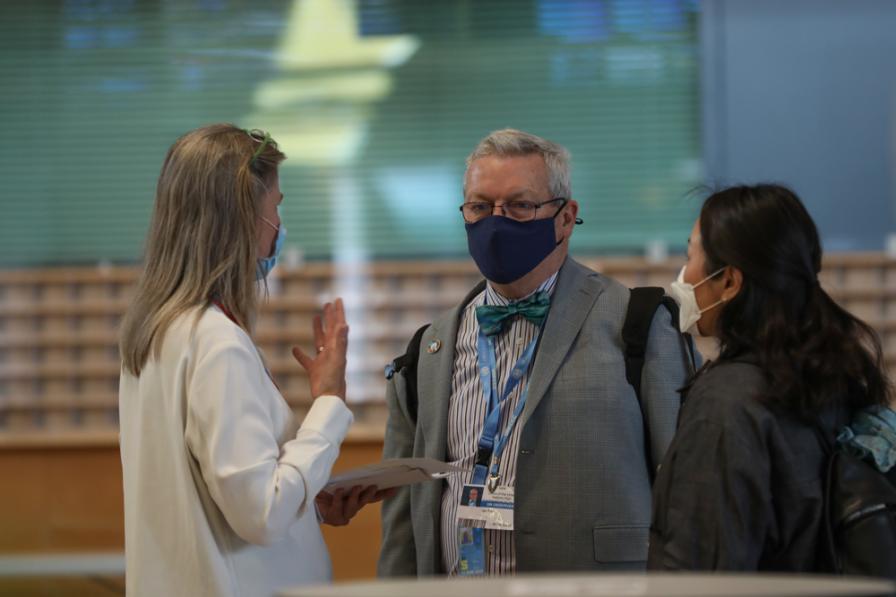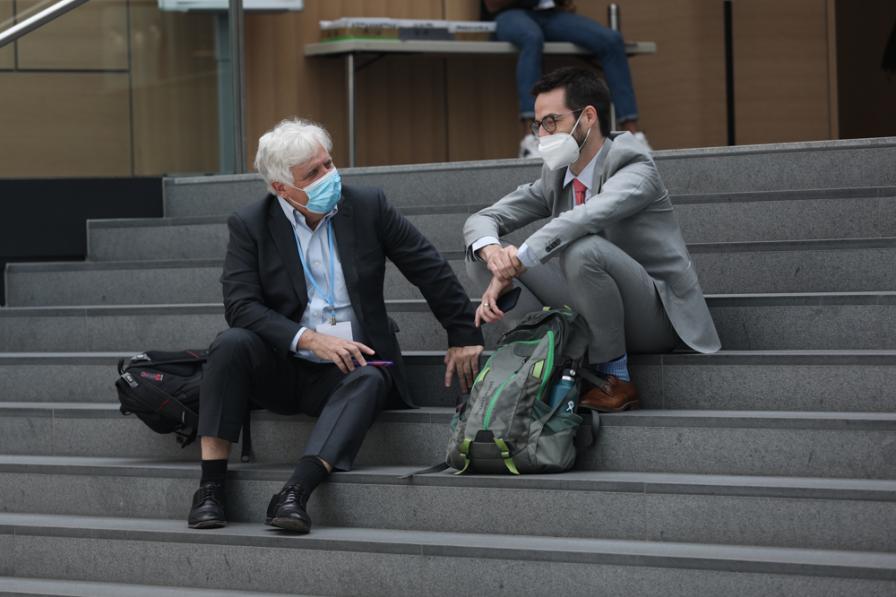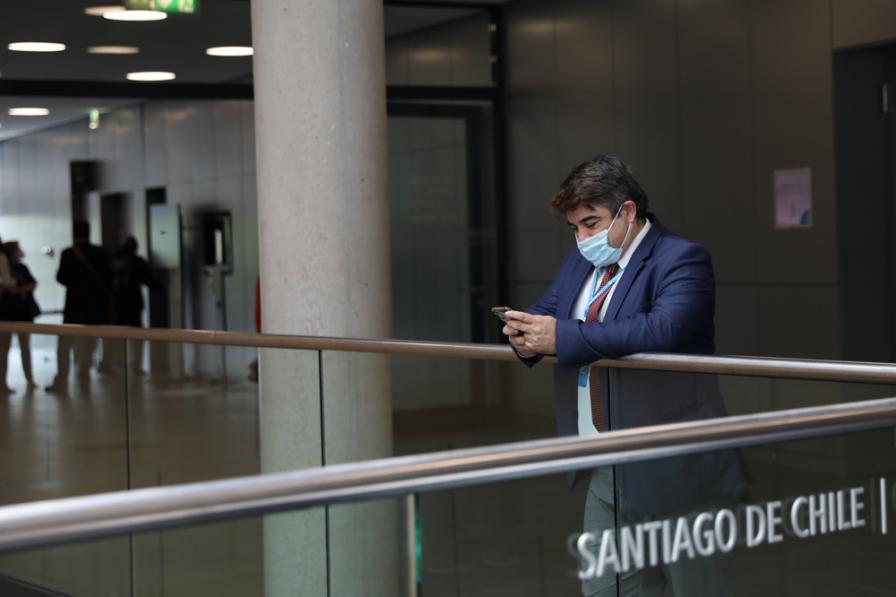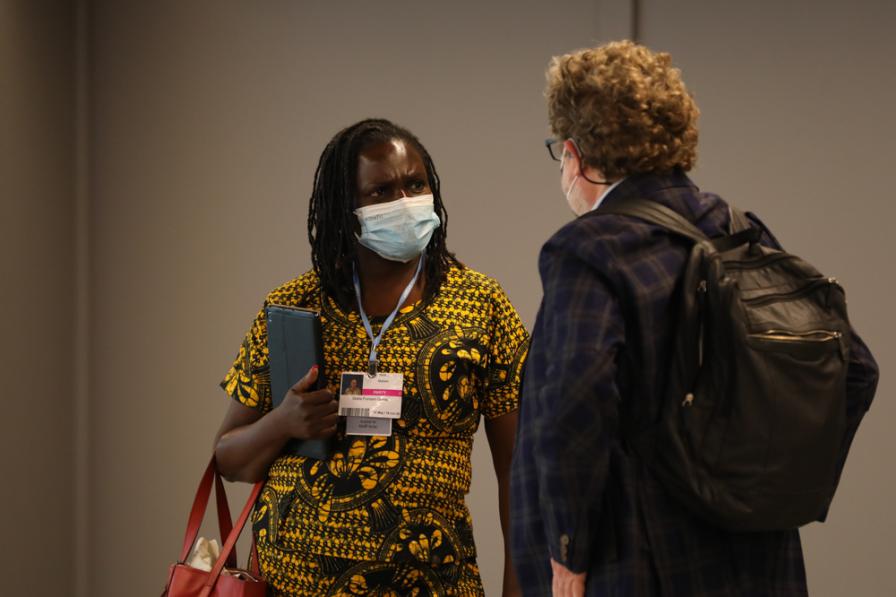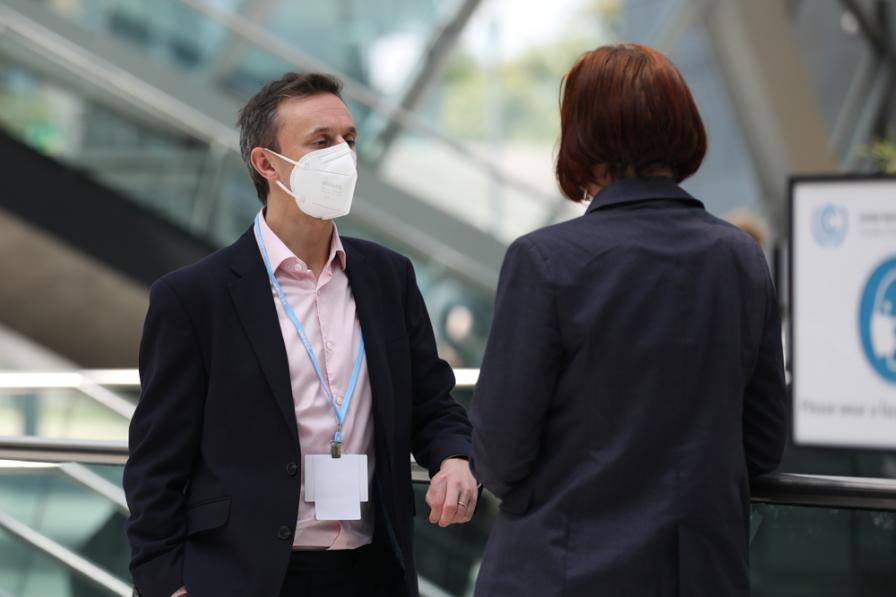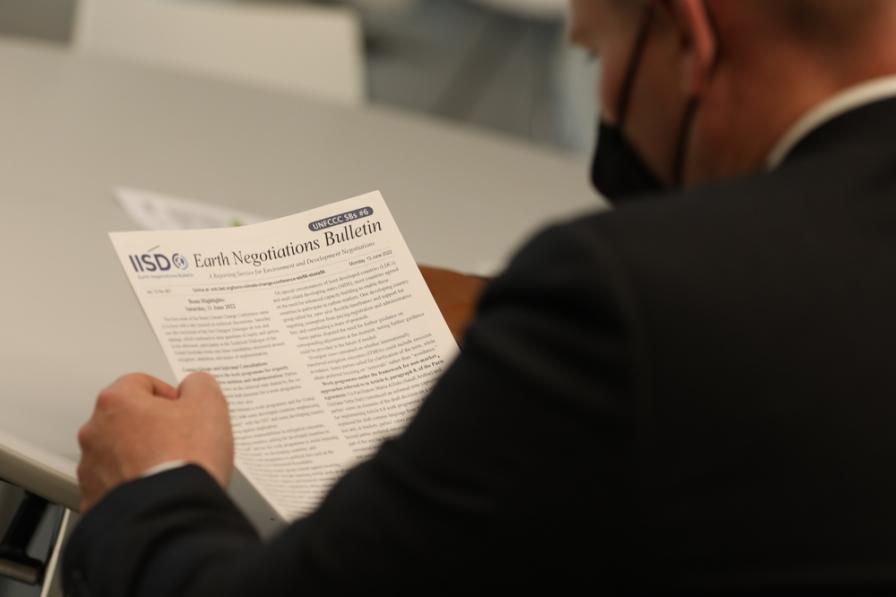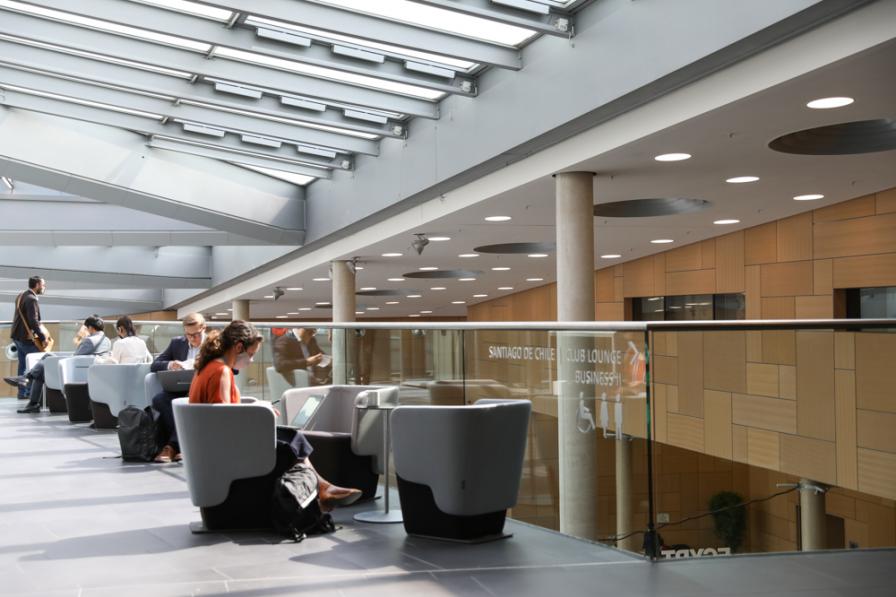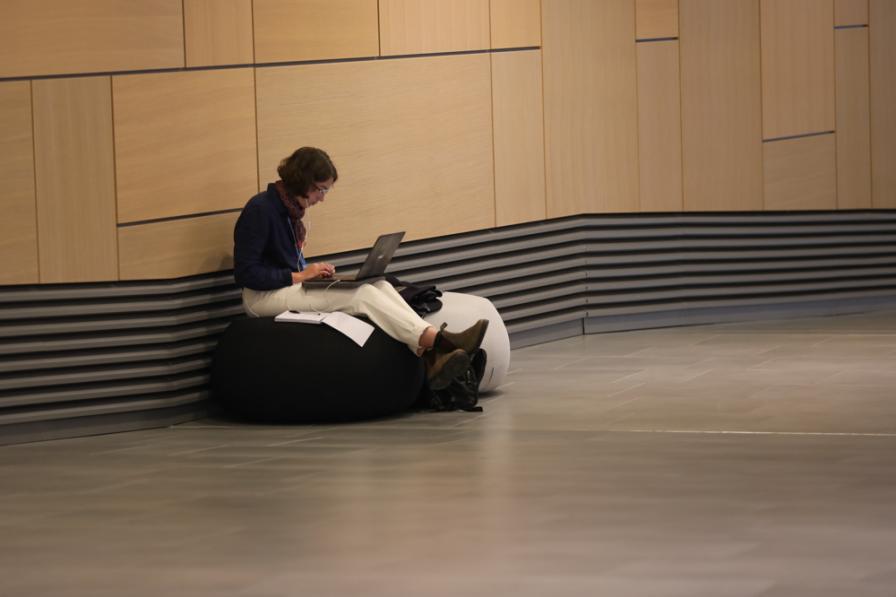Time is a strange thing at climate negotiations. From the outside, it might seem that two weeks is a fairly long time; inside, it can feel like meetings are over in a flash. Days fill up with back-to-back sessions. The line between today and yesterday blurs. Lack of sleep doesn’t help.
But how much time do you need for real progress? Discussions on some issues, such as agriculture, are notorious for overstretching their allocated time. For other issues, such as emissions from aviation and shipping fuel, agreement is out of sight no matter how many sessions get allocated. Time, as they say, is nobody’s friend.
Want to dive deeper? Read the Earth Negotiations Bulletin daily report.
Time management surfaced as a tricky issue in several discussions on Monday. In discussions on arrangements for intergovernmental meetings, several delegates reaffirmed everyone’s responsibility to stick to the allotted speaking time to avoid meetings running over. Observers had expressed great frustration over the fact that, by the time they spoke during the opening plenary, it was to a largely empty room: party representatives had left for the night. The US called upon parties to give observers the courtesy of staying and listening to their statements, and the European Union supported having observer statements alternate with those by individual parties, following group statements.
Running out of time is the bugbear of tricky agenda items. Negotiators addressing reporting and transparency issues were hopeful that extra sessions would go a long way towards forwarding clean text to the 27th session of the Conference of the Parties (COP 27). The first week took steps towards ironing out the transition between reporting under the Convention and the Paris Agreement—always keeping an eye out for the need to “future proof” the process in case of a future withdrawal from the Agreement. Given some earnest engagement over bridging proposals, there is hope that additional time will in this case actually do the trick.
All ENB photos are free to use with attribution. For UNFCCC SB56, please use: Photo by IISD/ENB | Kiara Worth.
To receive free coverage of global environmental events delivered to your inbox, subscribe to the ENB Update newsletter.
Informal Consultations Throughout the Day
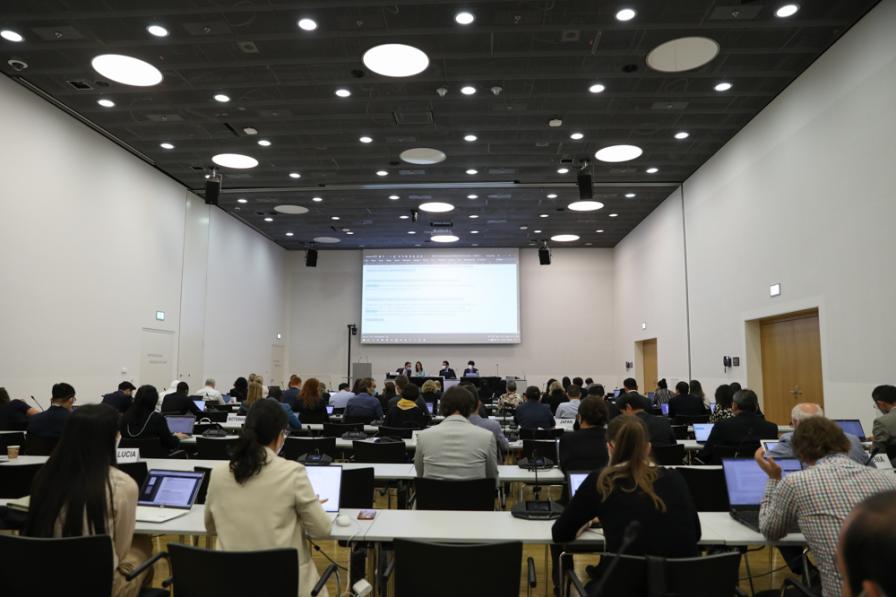
Informal consultations on the revision of the UNFCCC reporting guidelines on annual inventories for Annex I Parties
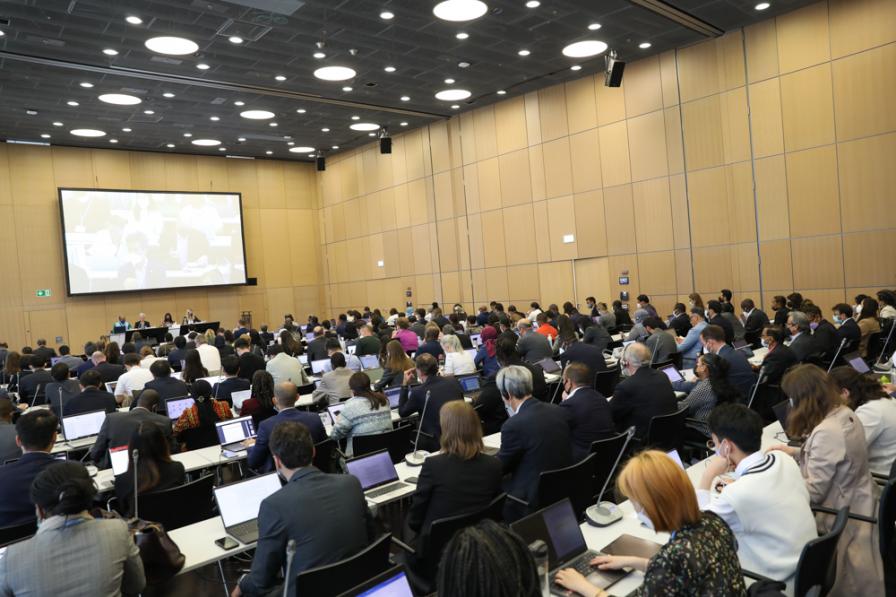
Informal consultations on the rules, modalities, and procedures for the mechanism established by Article 6.4 of the Paris Agreement
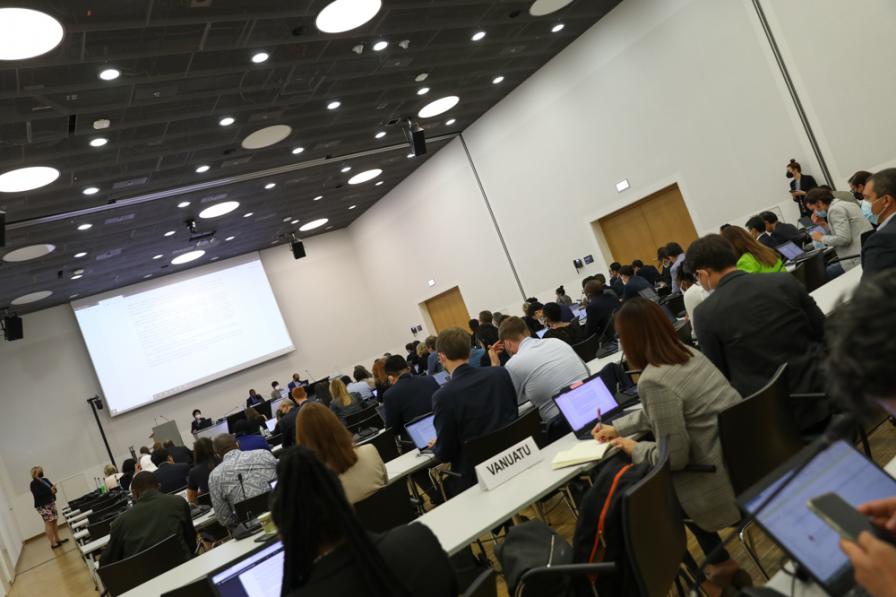
Informal consultations on matters relating to reporting and review under Article 13 of the Paris Agreement
Global Stocktake Dialogue
Paris Committee on Capacity-building
Observer Farewell for Patricia Espinosa
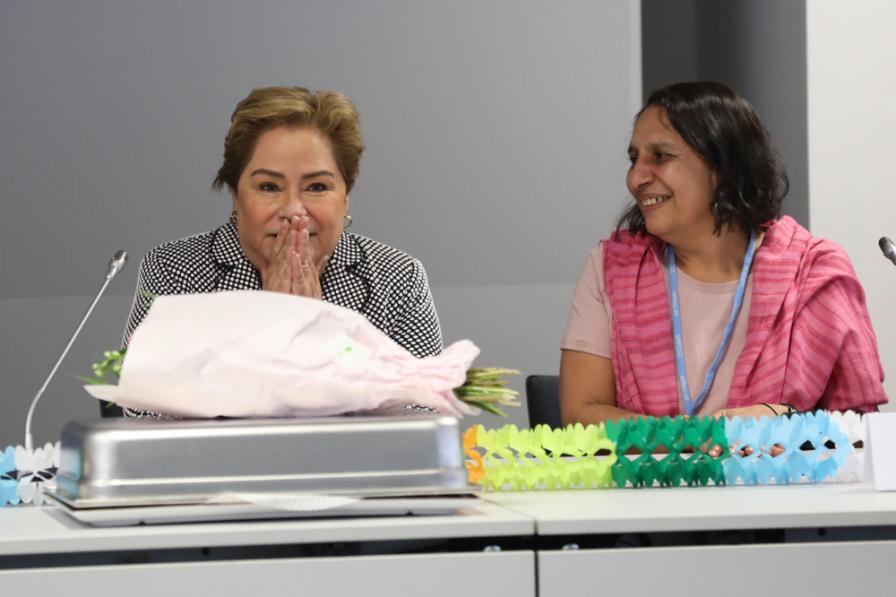
During a surprise farewell party arranged by observer delegates, Patricia Espinosa, Executive Secretary, UNFCCC, is thanked for her unending support for civil society
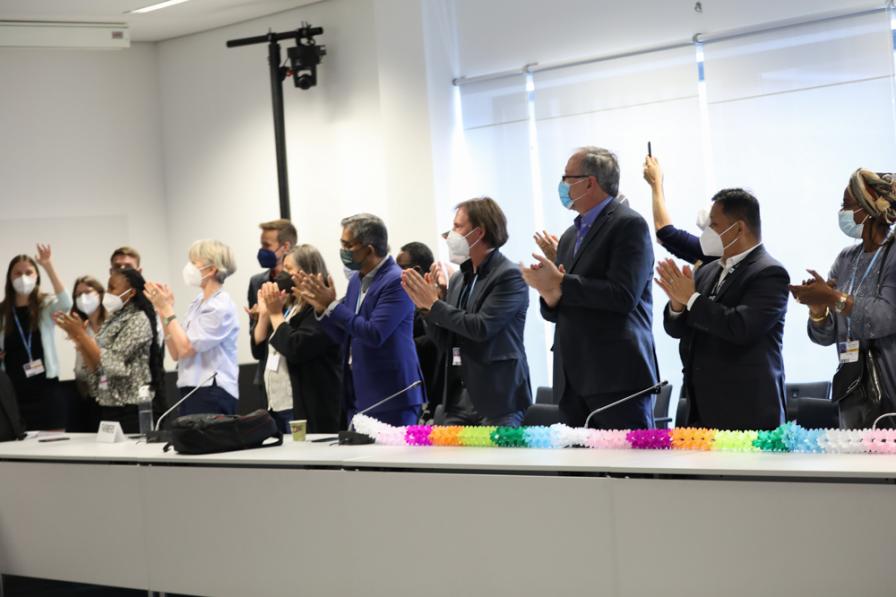
Observer delegates give Patricia Espinosa, Executive Secretary, UNFCCC, a standing ovation and applaud her work within the climate process
